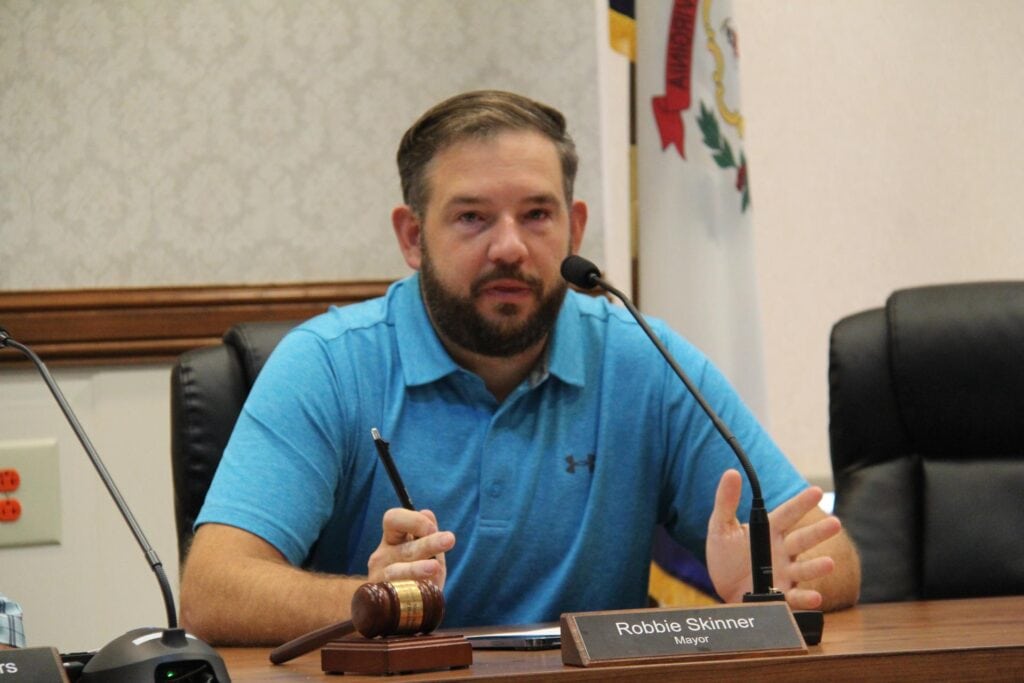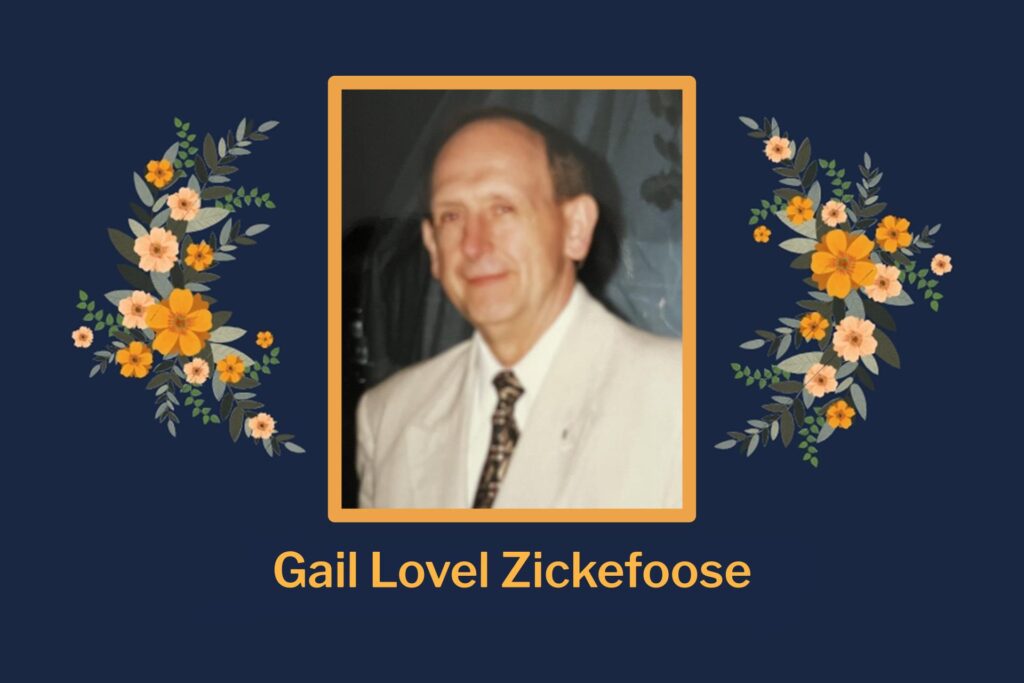MORGANTOWN — In the immediate aftermath of natural disasters, help is easy to find. Local churches cook hot meals. National and state recovery efforts offer aid. Community members band together.
But in the months that follow, after the recovery crews have packed up and gone home, hopelessness and isolation set in for many disaster victims. These are the times when mental health support is needed most, according to a West Virginia University researcher.
Summer Hartley, assistant vice president of the Office of Health Affairs, is one of the co-authors of a new Centers for Disease Control and Prevention report, “Community Assessment for Mental and Physical Health Effects After Hurricane Irma — Florida Keys, May 2019.”
While at the University of Miami, Hartley assisted the health department in the Florida Keys with researching high instances of suicide in Monroe County. Her research found that many longtime locals were struggling to make ends meet when property taxes and food prices increased as the area became a booming tourist industry. Based on the findings, the county was able to lobby for affordable housing initiatives to help their struggling residents, as well as utilize more funding for mental health providers.
While Hartley was relocating to the University of North Carolina, Hurricane Irma struck the Keys. Nearing the year anniversary of the hurricane, there was a spike of suicides beyond what had previously been reported. The health department again requested her assistance to figure out what was happening.
“Directly after a hurricane or tornado or other natural disaster, a survey called CASPER (Community Assessment for Public Health Emergency Response) is used to assess physical health issues, such as water safety, electricity needs, health needs and house damages,” Hartley said. “But we modified the survey to include mental health assessments, which hadn’t been done before.”
The team had already anticipated one set of findings — folks were at greater risk for suicide if their houses had been severely damaged or if they’d experienced a significant financial impact. However, the most important finding was about timing, Hartley said.
“When we asked about timing, when the mental health impact post-disaster really hit the community, we found that around a year to 18 months later is when things really get bad.”
Hartley said the literature for the 1918 Flu supports the notion that the mental health impact of a disaster hits around 18 months later, which is what the Substance Abuse and Mental Health Services Administration has categorized as the “psychological recovery phase.”
“Right now, the federal and state response in disaster response plans deploy mental health resources immediately after disaster,” Hartley said. “Those resources are in community for about six months, then they leave. They’re not really where they need to be.
“Immediately after a disaster, there’s strong community cohesion — people banding together, neighbors working together, fundraisers, people giving support. But the negative psychological impact of the disaster occurs later, after those resources leave the area. During long-term recovery, the initial resources are gone, but the victims are still clearing up, trying to get back on their feet with no added mental health resources.”
Whether in hurricane response in Florida or flood response in West Virginia, Hartley believes these findings can be applied broadly to disaster response planning on a local, state and federal level. Even following the COVID-19 global pandemic, Hartley said these guidelines can be helpful.
“A pandemic is a public health disaster. That’s what the science tells us. We should listen to the science and prepare appropriately for increases in anxiety, depression and suicides as we approach the long-term recovery phase.”
Ultimately, Hartley hopes to see this information incorporated into the Federal Emergency Management Agency’s National Incident Management System, which guides all levels of government, nongovernmental organizations and the private sector to work together to prevent, protect against, mitigate, respond to and recover from incidents.












